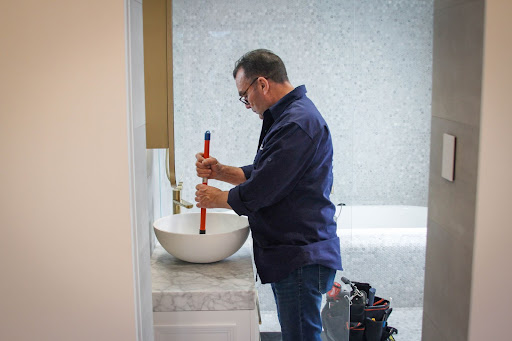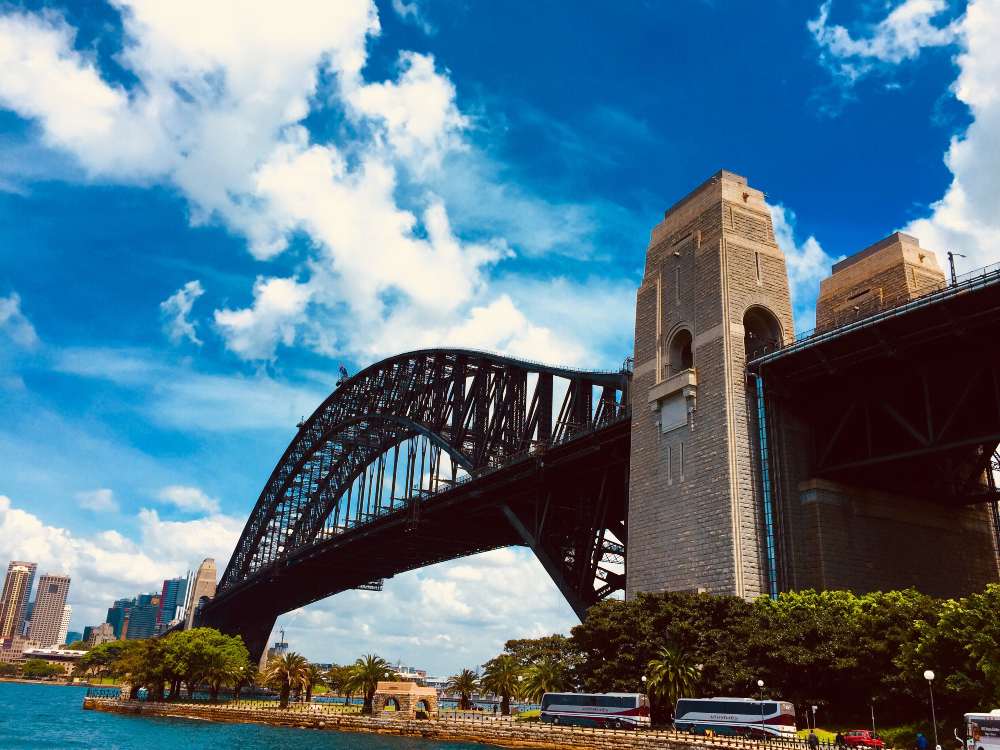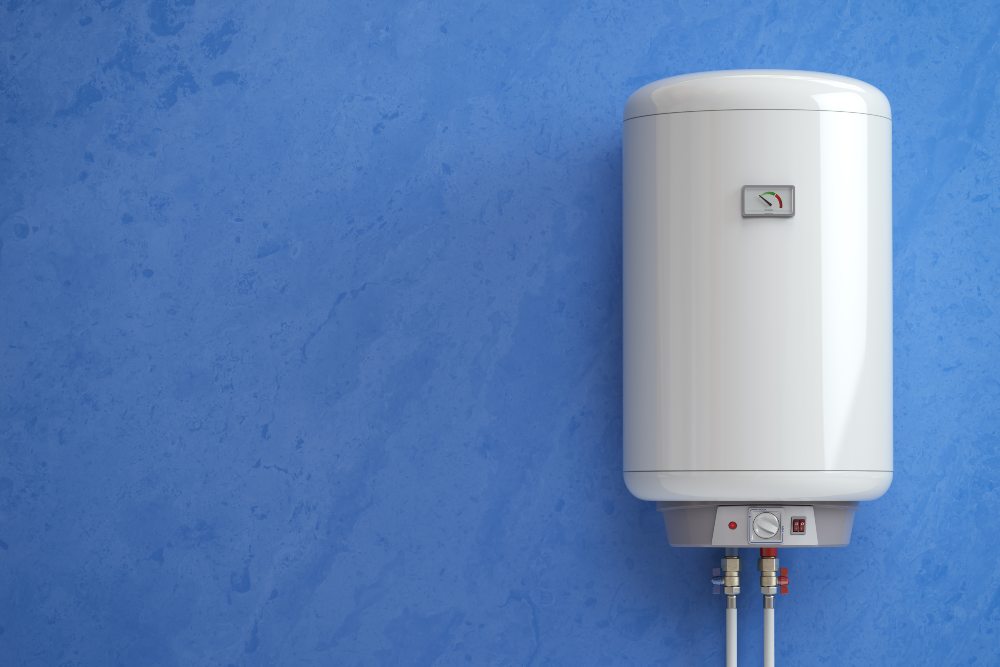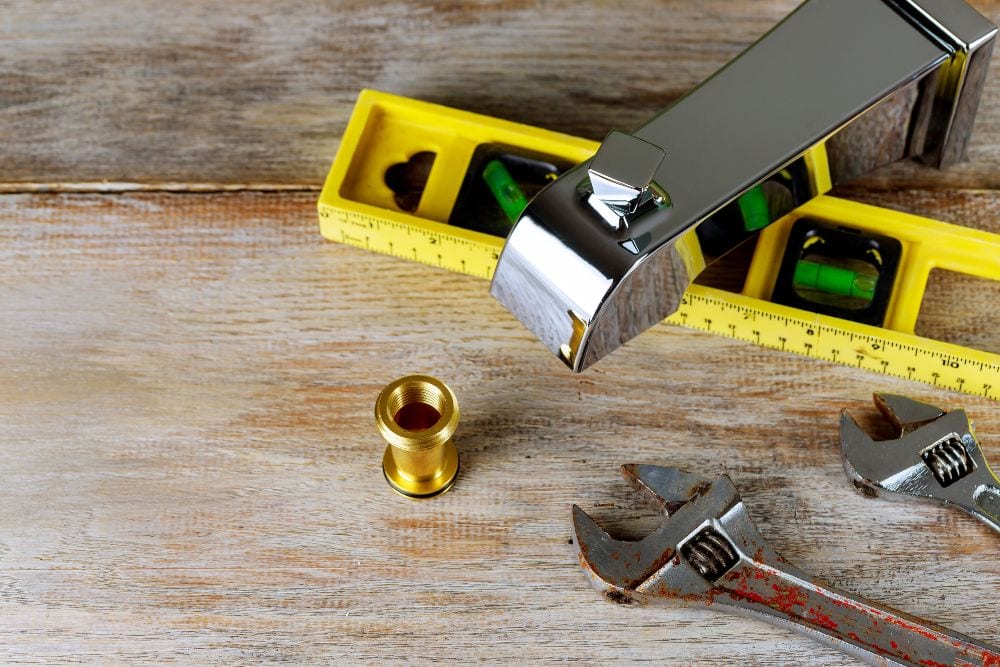
Contents
There’s A Wide Range Of Ways That You Can Go About Fixing Your Smelly Drains, & We’re Going To Cover All Of Them In This Article!
Ever walked into your bathroom and been greeted by a less-than-pleasant smell? If you have, you know just how annoying, smelly bathroom drains can be. The odour is unpleasant, but it can also be a sign that you have a blocked drain.
Such odours can also be embarrassing if you have guests over and may worsen if the issue is not dealt with quickly.
You can get rid of smelly bathroom drains in a few different ways. By using one (or a combination) of these methods, you should be able to eliminate the odour and keep your drains working properly.
Keep reading to learn how to get rid of smelly drains in the bathroom.
Causes of Smelly Drains
There’s A Lot Of Them!
Before we get into how to fix smelly bathroom drains, we must understand what causes them. In most cases, a buildup of bacteria and other organic matter in the drain is responsible for this odour.
Over time, dirt, hair, soap scum, toothpaste, and other debris can build up in your drains. This gunk buildup can cause drain blockages or provide a perfect environment for growing bacteria and mould.
As these organisms multiply, they release sewer gasses that cause an unpleasant odour. Drain pipe leaks can lead to sewer gases stinking up your home or business.
In the kitchen, wiping food scraps down the drain may be responsible for foul smells. When you wipe food scraps down your kitchen sink drain (e.g., when you’re washing dishes), some of the food inevitably goes down the kitchen drain. This can quickly lead to a buildup of organic matter, which can cause an unpleasant sewer smell.
(We also run through why your kitchen sink won’t drain and how to fix it!)
7 Ways To Get Rid Of Smelly Bathroom Drains Or Shower Drains
There’s Only So Much You Can Do, But These Are Great Ways To Alleviate Your Stinky Drains!
While there are ways to avoid getting into this problem in the first place, sometimes stinky drains just happen. If you’re dealing with this issue, you want to eliminate the odour as quickly as possible.
This section will tell you how to clean smelly drains in the bathroom. Below are some of the things you will need:
- Channellock Pliers
- Bucket
- Boiling Water
- Dish Soap
- Baking Soda
- Vinegar
- Salt
- Hydrogen Peroxide
- Toilet Plunger
- Plastic Drain Snake
1. Clean the P-Trap
The first way is to manually remove any debris that might be stuck in your pipes.
To clean out the p-trap (the plumbing underneath your bathroom sink), you’ll need a set of Channellock pliers and a bucket to place under the p-trap.
First, gently unscrew the two p-trap collars and take them off. Do it slowly, as water will come out. Once you’ve removed the p-trap, make sure to clean it thoroughly (preferably outside with a garden hose). Then reassemble and try using the sink to check your work.
2. Use Boiling Water and Dish Soap
Using boiling water and dish soap may be an effective way to clean your drains. This combination can help break down any grease or soap scum stuck to the sides of your pipes and can also help kill any bacteria that might be causing the odour.
First, pour a pot of boiling water down the drain, squirt around eight ounces of soap, and let it sit for about 5 minutes. Then, run cold water for a minute. Finally, pour another pot of hot water down the drain to remove the remaining dirt.
3. Use Baking Soda and Vinegar
Baking soda and vinegar are two everyday household items that you can use to clean your drains. Baking soda is great at dissolving organic compounds, such as grease or debris caused by dead skin cells or hair. At the same time, vinegar is known for its antibacterial and antifungal properties.
To use this method:
- Start by pouring a cup of baking soda down your drain.
- Add a cup of vinegar and let the mixture sit for a few hours.
- Flush the drain with hot water.

4. Use Baking Soda and Salt
Baking soda and salt can also be an effective mix to clean your drains. In addition to the properties already mentioned, baking soda has slight disinfectant properties that can combat odour-causing bacteria and fungi.
The salt will help kill bacteria, too.
To apply this method:
- Follow the same steps as baking soda and vinegar.
- Start by pouring a cup of baking soda down your drain.
- Add a cup of salt and let the mixture sit for a few hours.
- Flush the drain with hot water.
5. Use Hydrogen Peroxide
Hydrogen peroxide is also a fantastic product to clean your drains. It works as an oxidiser, destroying organic matter like grease and hair.
Pour a cup of baking soda down the drain for the best results. Wait about ten minutes. Pour one cup of hydrogen peroxide down the drain (you’ll see this creates some foam). Let the products work for several hours.
Finally, pour some hot water into the drain.
Be careful when using hydrogen peroxide, as it can damage some drain pipes.
6. Use a Toilet Plunger
You can always try using this traditional method to unclog your bathroom drain.
It’s essential to use a plunger that’s flat along the bottom, as this shape is intended for sinks.
First, fill the sink with enough water to cover the rubber bell of the plunger. Then, place the plunger over the drain opening, ensuring it’s well sealed. Plunge away, release and clear. Repeat as many times as necessary.
7. Use a Plastic Drain Snake
Another method worth trying is using a plastic drain snake (especially if the clog consists mainly of hair). Before you start working, we recommend you get a bag for all the debris you’ll collect.
To apply this method:
- First, remove the drain plug.
- Then push the snake down the drain gently, all the way in, turn it slowly, and pull it back out.
- Do it several times, pulling out the hair and dirt clogging your drain.
(See our step-by-step guide on how to clear your blocked drains)
When You Should Call a Professional
Sometimes Situations Call For You To Bring In The Big Guns
If you’ve tried all of the above methods and you’re still dealing with a smelly bathroom drain, it might be time to call a professional. A plumber will be able to diagnose the problem and recommend the best course of action.
They might also be able to clean your drains with a hydro jet, a high-pressure water jet that can remove any buildups in your pipes.
Things To Avoid When Dealing With Smelly Drains
Be Proactive & Help Yourself Avoid Smelly Drains In The Future!
There are a few things you should avoid when you’re dealing with smelly drains. First, don’t pour grease down your drains. Grease can build up in your pipes and cause an odour.
Second, don’t use chemical drain cleaners. These products might seem practical, but they can damage your pipes and worsen the problem.
Finally, don’t ignore the problem. If you have a smelly drain, you must take action and find a solution.
Things To Avoid When Dealing With Smelly Drains
If you’re dealing with a smelly drain, the team at Bayside Plumbing can help. We have the necessary equipment and plumbing resources to get the problem resolved within a short time. We have years of experience dealing with all plumbing issues with various plumbing solutions, and we’re always happy to help.
Contact us today to schedule a consultation. We’ll look at your drains and recommend the best course of action. We’re always here to help, whether it’s an emergency plumbing repair or a kitchen renovation. So don’t hesitate to reach out!
For other plumbing-related tips and tricks, see our plumbing blog!






